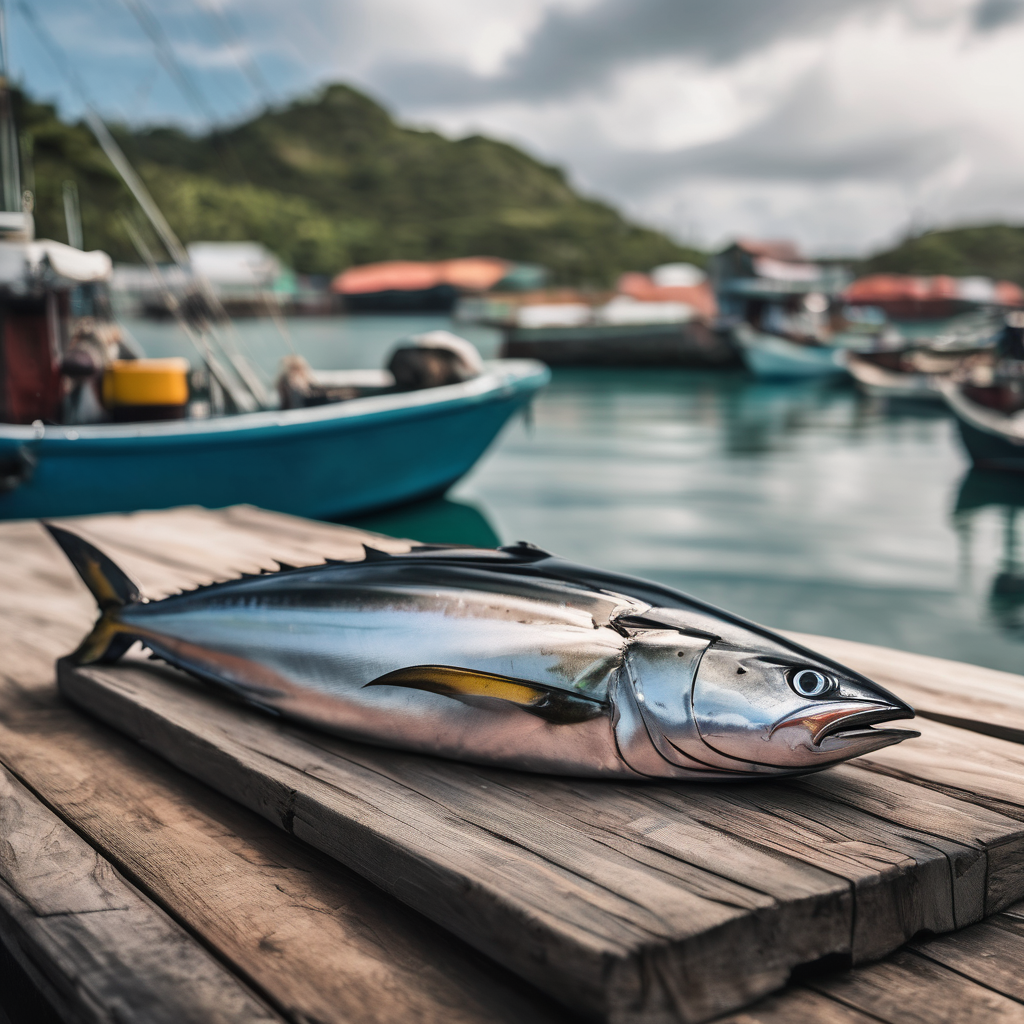Fiji is taking significant measures to enhance the economic benefits of its tuna industry by prioritizing local processing and the export of Fijian-branded tuna products. During a recent parliamentary session, Minister for Fisheries Alitia Bainivalu highlighted that, although the Pacific region collectively harvests around 1.5 million tonnes of tuna annually, a large portion of this catch is processed offshore, leading to job and revenue losses for Pacific nations. Bainivalu pointed out the missed opportunities for job creation and equitable wealth distribution that occur when raw materials are exported for processing.
With its unique position as one of the few Pacific Island countries that possesses a fully domesticated longline fleet and established onshore processing plants, Fiji is well-placed to enhance its competitiveness in markets like Japan, the USA, and the European Union. To this end, the government plans to invest further in the tuna value chain and in high-value seafood exports, all aimed at creating jobs and fortifying Fiji’s standing as a central fisheries hub in the Pacific.
The recent 9th Pacific Tuna Forum, co-hosted by Fiji and Papua New Guinea, provided a platform emphasizing innovation, equity, and sustainable trade as vital components for the future success of Pacific fisheries. This aligns with Fiji’s ongoing efforts to sustain its albacore tuna fishery through proactive management, underscored by a commitment to ecological and economic balance, as Minister Bainivalu also noted.
Previous reports have indicated that Fiji’s tuna industry is essential to its economy and provides significant employment opportunities, particularly for women within processing roles. The government’s investment strategy, which includes a budget allocation of $24.9 million for the 2025-2026 period, is focused on enhancing labor standards and sustainability in the industry, accentuating its commitment to ethical practices.
Moreover, Fiji’s initiatives, including securing access arrangements for tuna raw materials with neighboring countries and fostering partnerships to ensure a stable supply, illustrate a forward-looking approach that not only seeks immediate economic benefit but also aims for long-term sustainability and resilience.
Overall, Fiji’s ambitious strategy to localize its tuna processing capabilities and enhance its export potential presents a hopeful outlook for the country’s fisheries sector, promising both economic growth and the preservation of vital marine resources for future generations.
